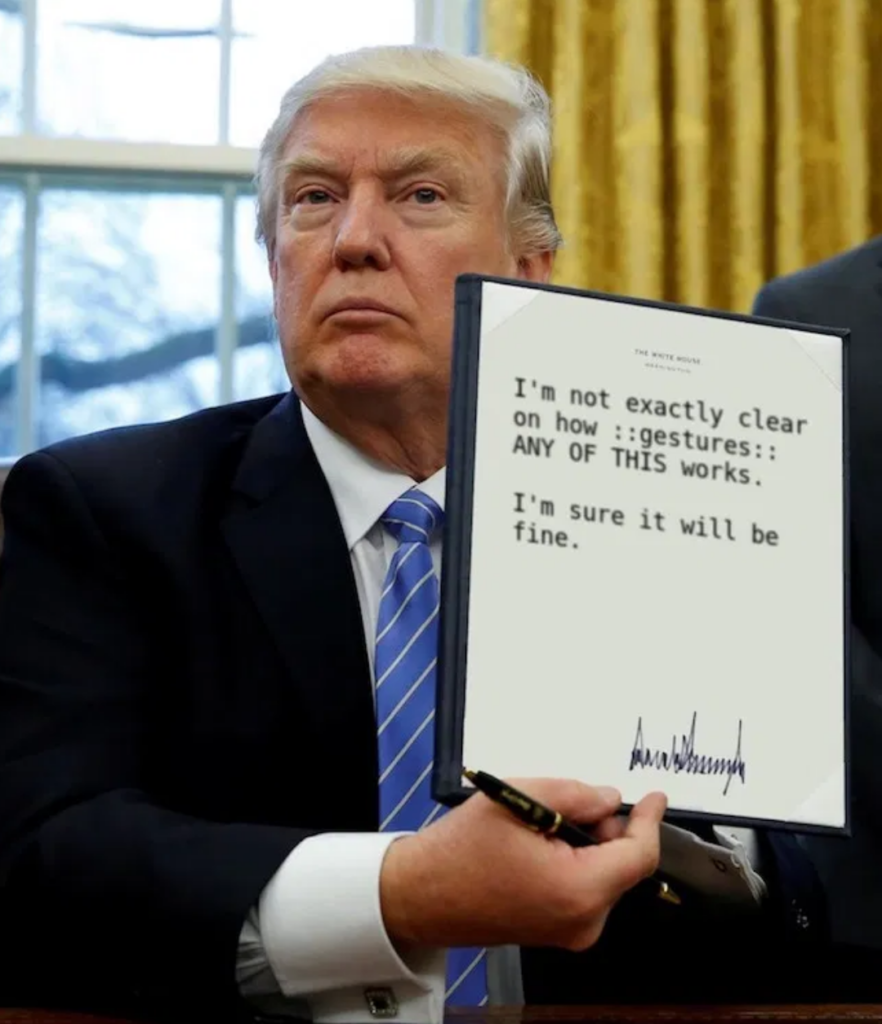My favourite beach in Donegal this afternoon.
Many thanks to John Darch for the image.
Kübler-Ross, grief and dying from Covid.
My friend and colleague, David Vincent, picked up on my post the other day in which I used Elizabeth Kübler-Ross’s ‘five stages of grief’ model as a metaphor for analysing how our societies have responded to the pandemic.
David never touches anything without adding value, and — true to form — he reached for his copy of Kübler-Ross’s famous book, On Death and Dying and began to re-read it.
Here’s an excerpt from his subsequent diary post:
“If a patient has had enough time”, Kübler-Ross writes, “(i.e., not a sudden, unexpected death) and has been given some help in working through the previously described stages, he will reach a stage during which he is neither depressed nor angry about his ‘fate.’” (p. 123).
The whole enterprise assumes the resources of a well-found (American) hospital, with teams of professionals including not only doctors and nurses but psychiatrists, social workers and chaplains, ready and able to spend long periods communicating with the patients as their disease takes its course over months or years.
The essence of dying with Covid-19 is that neither patients, nor their families, nor the staff of hospitals or hospices have remotely enough time to work through any sequence of emotional expression or support. The common experience of those who are infected is for little to happen for the first few days, and then for the unlucky minority there is a sudden descent into breathlessness and other symptoms which leads rapidly to an intensive care unit. Even if they ultimately survive the mechanical ventilators, they will have been unconscious throughout that part of their treatment. Hospital staff are overwhelmed by the sheer pressure of numbers, radically reducing staff/patient ratios whilst at the same time trying to stand in for the presence of next of kin excluded by quarantine regulations.
It is the absence time for death and dying which more than the pathogens and the remedies most connects the Covid-19 pandemic with the flu and plague outbreaks that preceded it down the centuries.
I was very struck by this because, as readers of my Lockdown Diary will know, my beloved mother-in-law, Elsie, died of Covid early in April 2020. She had dementia and was in a care home which was — like most others — left completely unprotected from the virus. Here’s the relevant part of the audio diary I kept for the first 100 days of lockdown.
Musical alternative to the morning’s radio news
Van Morrison and the Chieftains | On Raglan Road
A lovely version of a song based on Paddy Kavanagh’s poem
Undoing Trumpism
Cory Doctorow has a fabulous post about an obscure American statute called the Congressional review Act. You never heard of it? Me neither. But stay tuned.
Trump was a very specific kind of disaster: a chaos agent, who lacked the wit, patience and executive function to recruit the powerful institutions of the US military-industrial complex to fight his corner.
The kind of guy who demands the impossible and then fires and publicly humiliates any allies who fail to deliver – or dare to contradict him – is not the kind of guy who can build new, enduring, evil institutions.
The best he can hope for is to get some trumpalike goblins into positions of power (where they will replicate his chaos, but without the broad impunity of the presidential office, resulting in a series of resignations and prosecutions), back by executive orders.
The last months of the Trump admin were an orgy of executive branch rulemakings that dismantled public safety, health, labor, anticorruption and (especially) environmental protections.
Trump is a debt kingpin. His MO is running across a river on the backs of alligators, hoping to move so fast that none of them takes a leg: borrow, refinance, restructure, borrow, blow town, borrow, restructure, bribe, blow town.
He’s an improviser, a bullshitter, a pantser and not a planner. That’s why so many of his worst ideas got turned into regulations at the very end of his term, and that’s why they are vulnerable to being swiftly undone by the obscure, rarely used Congressional Review Act.
The CRA allows Congress to void administrative-branch regulations and to prohibit any substantively similar regulation from ever being enacted.
Just the tool a Biden administration might find useful.
Now there’s a cheery thought.
QAnon believers struggle with inauguration.
This NYT piece by Kevin Roose has made my day.
Followers of QAnon, the pro-Trump conspiracy theory, have spent weeks anticipating that Wednesday would be the “Great Awakening” — a day, long foretold in QAnon prophecy, when top Democrats would be arrested for running a global sex trafficking ring and President Trump would seize a second term in office.
But as President Biden took office and Mr. Trump landed in Florida, with no mass arrests in sight, some believers struggled to harmonize the falsehoods with the inauguration on their TVs.
Some QAnon believers tried to rejigger their theories to accommodate a transfer of power to Mr. Biden. Several large QAnon groups discussed on Wednesday the possibility that they had been wrong about Mr. Biden, and that the incoming president was actually part of Mr. Trump’s effort to take down the global cabal.
“The more I think about it, I do think it’s very possible that Biden will be the one who pulls the trigger,” one account wrote in a QAnon channel on the messaging app Telegram.
Now what does this remind me of? Yes — you guessed it! — the End of the World sketch in The Secret Policeman’s Ball in 1979.
This blog is also available as a daily email. If you think this might suit you better, why not subscribe? One email a day, delivered to your inbox at 7am UK time. It’s free, and there’s a one-click unsubscribe if you decide that your inbox is full enough already!


